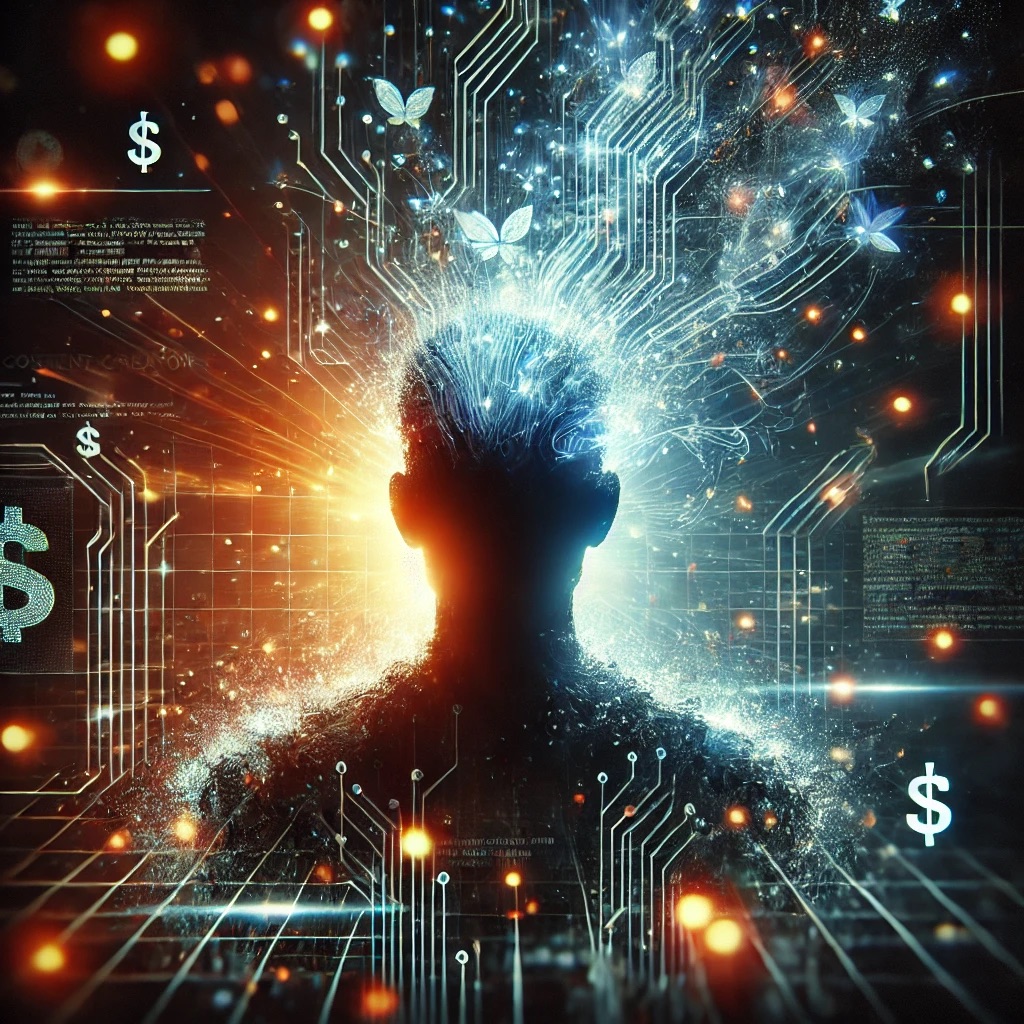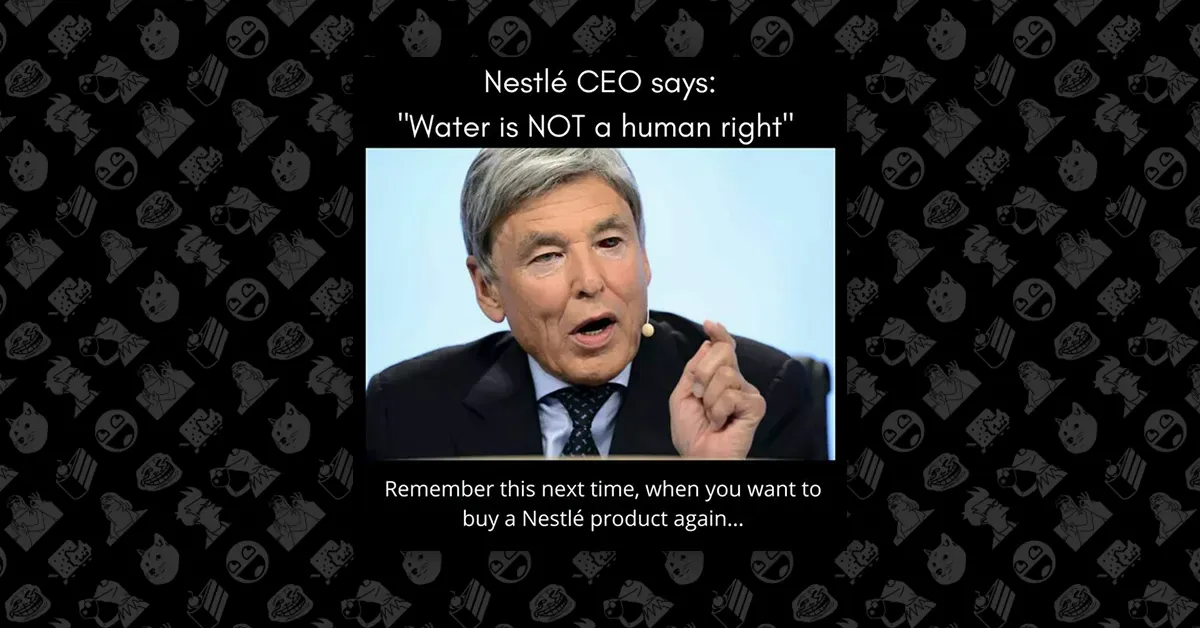In the rapidly evolving digital age, content creation has become a cornerstone of modern culture. Platforms like YouTube, heralded as arenas for free expression and creativity, have transformed millions of ordinary individuals into digital entrepreneurs, entertainers, and educators. However, beneath the glossy facade of democratized content lies a growing ethical dilemma—one that involves the covert and often unauthorized use of creator data to fuel artificial intelligence services for third-party corporations.
This practice, while lucrative for the corporations involved, raises profound questions about privacy, consent, and the potential misuse of technology. It is an issue that demands scrutiny not merely because of its economic implications, but because it strikes at the very core of what it means to be a person in a technological society.
The Exploitation of Digital Identity
Let us first understand the crux of the issue. When a creator uploads content to YouTube, they often unknowingly grant the platform sweeping access to their intellectual property—be it their voice, image, or creative output. This data, when harvested and integrated into AI models, enables corporations to simulate human behavior with increasing precision. Your voice could be cloned to produce lifelike replicas. Your likeness could be manipulated into advertisements. Your unique style could be replicated to sell products you never endorsed.
This is not just a breach of copyright; it is an infringement on the fundamental essence of individual identity. Your voice and likeness are not merely tools; they are extensions of your personhood. To have them appropriated without your knowledge or consent is to reduce the individual to a commodity, a data point in a corporate ledger.
The Risks Beyond Profit
One might argue that the greatest harm here is financial—that creators are being denied fair compensation for their contributions. While this is certainly true, the issue runs far deeper. The misuse of creator data exposes individuals to profound risks of fraud and defamation.
Consider the implications of having your voice used in a phishing scam, or your image placed in a deepfake video promoting harmful or dangerous messaging or even in some cases criminal activity. We cannot rule that out as a method of dispatching political enemies. People could literally be framed for crimes with this sort of data by corrupt government actors or just other bad people. These are not hypothetical scenarios—they are active realities in our digital ecosystem. Such misuse erodes trust, not only in the individual whose identity has been hijacked but in the platforms and systems that enable this exploitation.
Furthermore, the replication of one’s digital presence can have cascading effects on personal and professional reputations. Imagine being accused of endorsing a product or cause you fundamentally oppose, simply because your AI-generated likeness was used without your knowledge. The psychological and social toll of such incidents is immeasurable.
The Ethical Responsibility of Platforms
YouTube, like other major platforms, has a duty to its users that extends beyond profit generation. Transparency should be the cornerstone of any data policy. Creators must be explicitly informed if their content is being used to train AI models, and they should be given the choice to opt out. This is not merely a legal obligation; it is a moral imperative.
Moreover, platforms must recognize the unique vulnerability of creators. Unlike large corporations, individual creators often lack the resources to defend their intellectual property in court or to navigate the labyrinthine legal frameworks surrounding AI and data privacy. This imbalance of power makes it all the more critical for platforms to act in good faith.
The Call to Legal Action
For creators, the path forward involves vigilance and, when necessary, legal recourse. Improperly acquired data is not merely an oversight; it is a breach of trust that warrants accountability. Lawsuits and collective action may be the only way to compel platforms to adopt ethical practices.
Creators must also advocate for stronger regulatory frameworks that protect digital identities. Governments must step in to ensure that platforms cannot operate with impunity, using vague terms of service as shields against accountability.
The Larger Implications
At its core, this issue is not just about YouTube or even content creation. It is about the broader relationship between individuals and technology. As AI becomes increasingly integrated into our lives, we must ask ourselves: What safeguards are in place to protect human dignity in the digital age? How do we ensure that technology serves humanity, rather than exploiting it?
To address these questions, we must begin by recognizing the intrinsic value of the individual. Your voice, your image, your ideas—they are not mere data points. They are extensions of your unique existence, tied to your identity, your labor, and your creativity. To allow them to be appropriated without consent is to allow the dehumanization of individuals in service of technological advancement.
Conclusion
The exploitation of creator data for AI development is not just a legal or economic issue; it is a moral crisis. It is a challenge that demands action from creators, platforms, and regulators alike. If we fail to address it, we risk building a future where the individual is subsumed by the machine, where creativity and identity are reduced to commodities.
It is imperative that we reclaim control over our digital selves—not just for our own sake, but for the sake of the dignity and humanity of generations to come.



